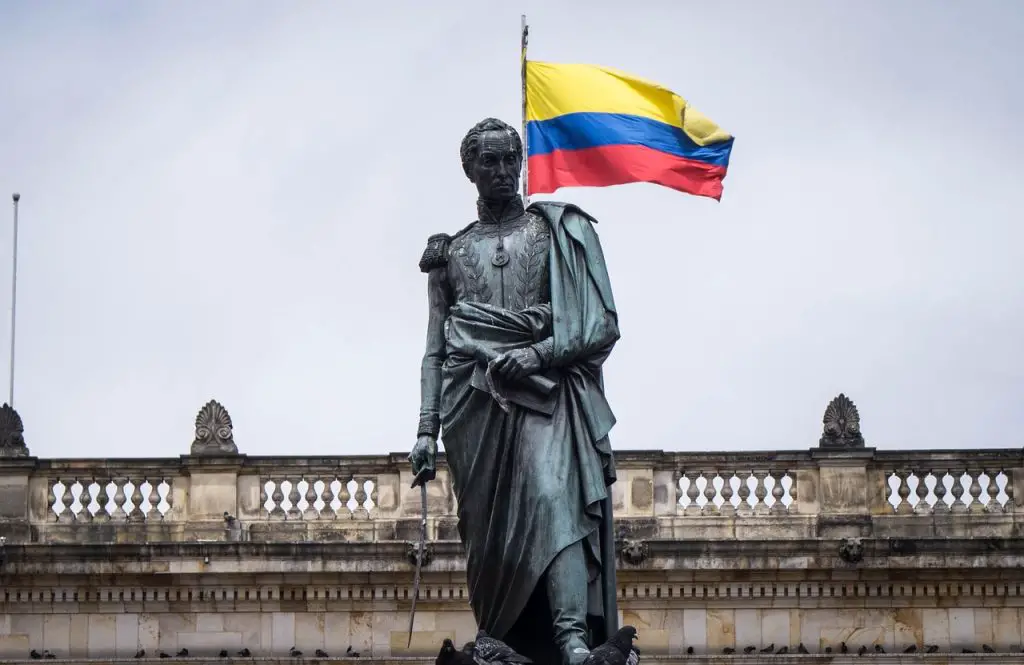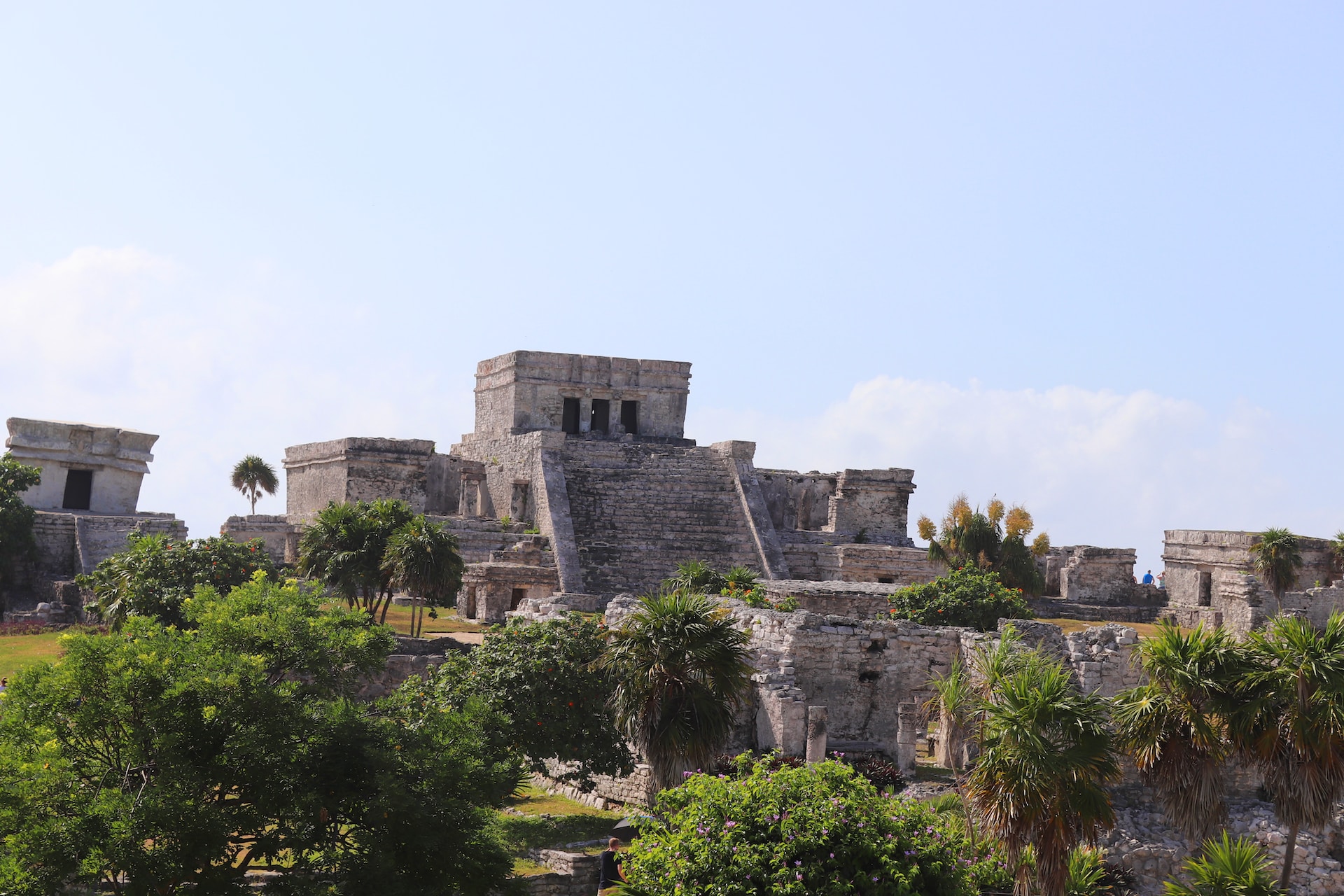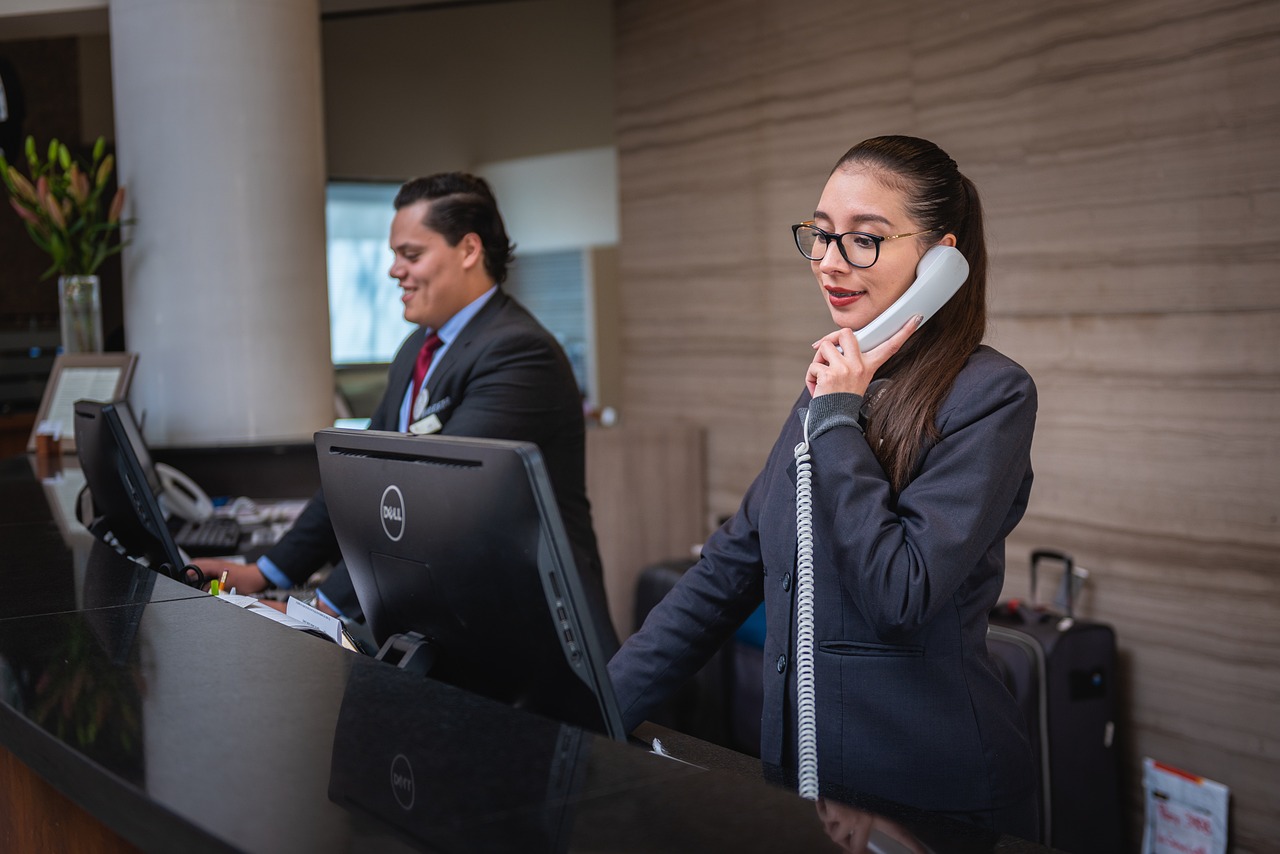In response to the growing number of remote workers and digital nomads worldwide, Colombia has launched a new digital nomad visa aimed at attracting international professionals seeking to work and live in the country. This move reflects the Colombian government’s recognition of the potential economic and social benefits of attracting remote workers to its cities and towns. This comprehensive guide will provide an overview of the new digital nomad visa, including eligibility requirements, application procedures, and the advantages of living and working in Colombia as a remote worker.
Overview of the Digital Nomad Visa
The digital nomad visa, known as the Migrant Temporary Visa Type M (Remote Worker), is a special visa category that allows international remote workers and digital nomads to live and work in Colombia for up to one year. This visa can be extended for up to three years, providing the visa holder continues to meet the eligibility requirements. The visa is designed to streamline the process for remote workers, making it easier for them to live and work legally in Colombia.
Eligibility Requirements
To qualify for the digital nomad visa, applicants must meet the following eligibility requirements:
Be a citizen of a country other than Colombia.
Have a valid passport with at least six months of validity remaining.
Demonstrate a stable income source from outside Colombia. The minimum income requirement is set at 2.5 times the Colombian minimum wage, which is approximately $700 USD per month at the time of writing.
Provide proof of employment or self-employment as a remote worker or digital nomad, such as a signed employment contract or a letter from your employer.
Submit a visa application form and pay the required visa fees.
Provide any additional documents requested by the Colombian consulate or embassy processing the application.
Application Process
The digital nomad visa application process is relatively straightforward and can be completed online through the Colombian Ministry of Foreign Affairs website. Applicants must first create an account on the website, fill out the visa application form, and upload the required documents. The application fee, which is approximately $250 USD at the time of writing, must be paid online as well.
Once the application has been submitted, it will be reviewed by the Colombian consulate or embassy in the applicant’s home country. Processing times may vary, but most applications are processed within 10 to 15 business days. If the application is approved, the applicant will receive an electronic visa, which must be printed and presented upon arrival in Colombia.
Advantages of Living and Working in Colombia as a Digital Nomad
Colombia offers numerous advantages for remote workers and digital nomads, including:
Affordable cost of living: Colombia’s relatively low cost of living makes it an attractive destination for digital nomads looking to stretch their budgets. Accommodation, food, and transportation costs are generally lower than in North America or Western Europe, allowing remote workers to maintain a high quality of life without breaking the bank.
Climate and natural beauty: With its diverse geography, Colombia offers a variety of climates, landscapes, and ecosystems to explore. From the tropical beaches of the Caribbean coast to the snow-capped peaks of the Andes, digital nomads can enjoy a range of outdoor activities and natural attractions.
Rich culture and history: Colombia boasts a rich cultural heritage, including vibrant cities like Bogotá, Medellín, and Cartagena, each with their own unique history and charm. Remote workers can immerse themselves in the local culture, attend festivals, and visit historical sites during their stay.
Growing community of digital nomads: As Colombia becomes an increasingly popular destination for remote workers, digital nomads can expect to find a growing community of like-minded individuals with whom they can network and socialize.
High speed internet and coworking spaces: Colombia’s major cities offer reliable high-speed internet connections and an increasing number of coworking spaces, making it easy for digital nomads to stay connected and productive. In addition, many cafes, restaurants, and hotels provide free Wi-Fi, further supporting the remote work lifestyle.
Top Cities for Digital Nomads in Colombia
Several Colombian cities are particularly well-suited for digital nomads, including:
Bogotá: As the capital and largest city in Colombia, Bogotá offers a cosmopolitan atmosphere, a wealth of cultural activities, and a variety of coworking spaces. The city’s mild climate and proximity to the Andes make it an attractive destination for outdoor enthusiasts.
Medellín: Known as the “City of Eternal Spring” due to its pleasant year-round climate, Medellín has become a popular destination for digital nomads in recent years. The city offers a modern infrastructure, excellent public transportation, and a growing number of coworking spaces, making it an ideal location for remote work.
Cartagena: This historic coastal city on the Caribbean Sea is famous for its well-preserved colonial architecture and vibrant cultural scene. Cartagena’s beautiful beaches, warm climate, and laid-back atmosphere make it an attractive destination for digital nomads looking for a more relaxed lifestyle.
Cali: As the salsa capital of the world, Cali offers a lively cultural scene and a warm, tropical climate. The city’s affordable cost of living and growing digital nomad community make it an appealing option for remote workers.
Santa Marta: This coastal city on the Caribbean Sea is located near some of Colombia’s most beautiful beaches and natural parks. With its warm climate and relaxed atmosphere, Santa Marta is an ideal destination for digital nomads seeking a balance between work and leisure. The city offers a range of accommodation options, from budget-friendly hostels to more upscale apartments, as well as a growing number of coworking spaces catering to the remote work community.
Health and Safety Considerations for Digital Nomads in Colombia
While Colombia has made significant strides in improving safety and security in recent years, it’s essential for digital nomads to take certain precautions and be aware of the local context. Some general safety tips for digital nomads in Colombia include:
Register with your country’s embassy or consulate upon arrival in Colombia to receive updates on safety and security information.
Avoid carrying large amounts of cash or flashy valuables that may attract unwanted attention.
Use reputable transportation options, such as registered taxis or rideshare services, particularly when traveling at night.
Be cautious when using ATMs, and choose well-lit, busy locations to withdraw money.
Stay informed about local safety conditions and follow the advice of local authorities.
Obtain comprehensive travel and health insurance to cover potential emergencies or medical expenses.
In terms of health, digital nomads should:
Visit a travel medicine specialist before departure to receive any necessary vaccinations and discuss health precautions.
Take precautions against mosquito-borne illnesses such as dengue fever and Zika virus by using insect repellent and wearing long sleeves and pants.
Be cautious about food and water hygiene, particularly when eating at street vendors or in more rural areas.
Be aware of the risk of altitude sickness in high-altitude destinations such as Bogotá and take necessary precautions to acclimatize gradually.
Conclusion
Colombia’s new digital nomad visa offers an exciting opportunity for remote workers and digital nomads to live and work in this diverse and culturally rich country. With its affordable cost of living, welcoming atmosphere, and growing remote work infrastructure, Colombia is poised to become a top destination for digital nomads from around the world.
By launching the digital nomad visa, Colombia is demonstrating its commitment to attracting international talent and fostering a dynamic, innovative economy. As more people embrace remote work and seek new experiences abroad, the digital nomad visa is likely to play a significant role in shaping Colombia’s future as a global hub for remote workers and digital nomads alike.














